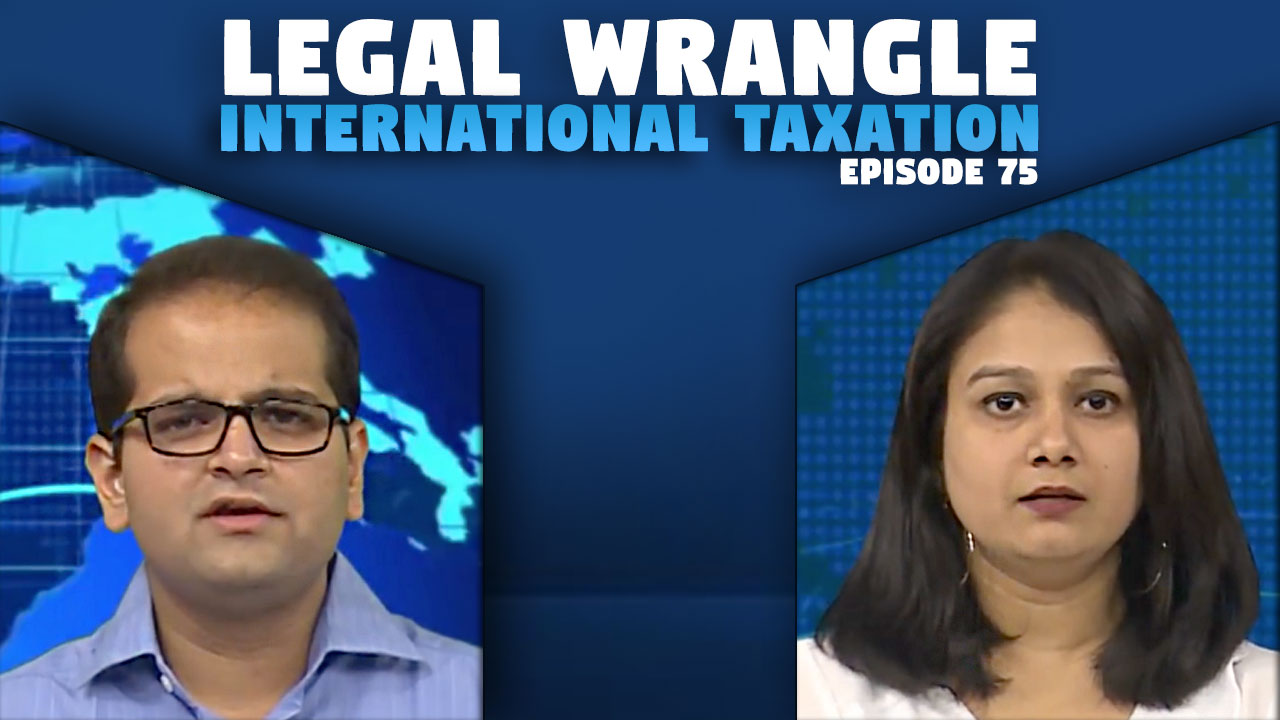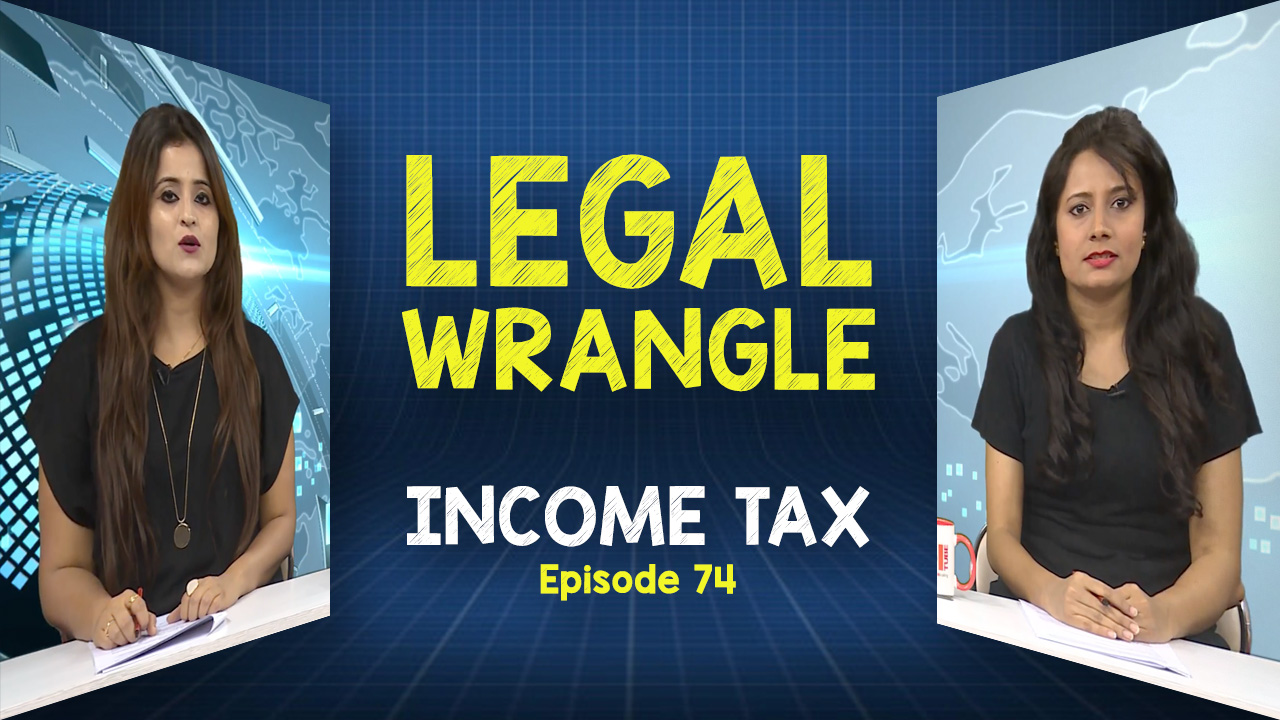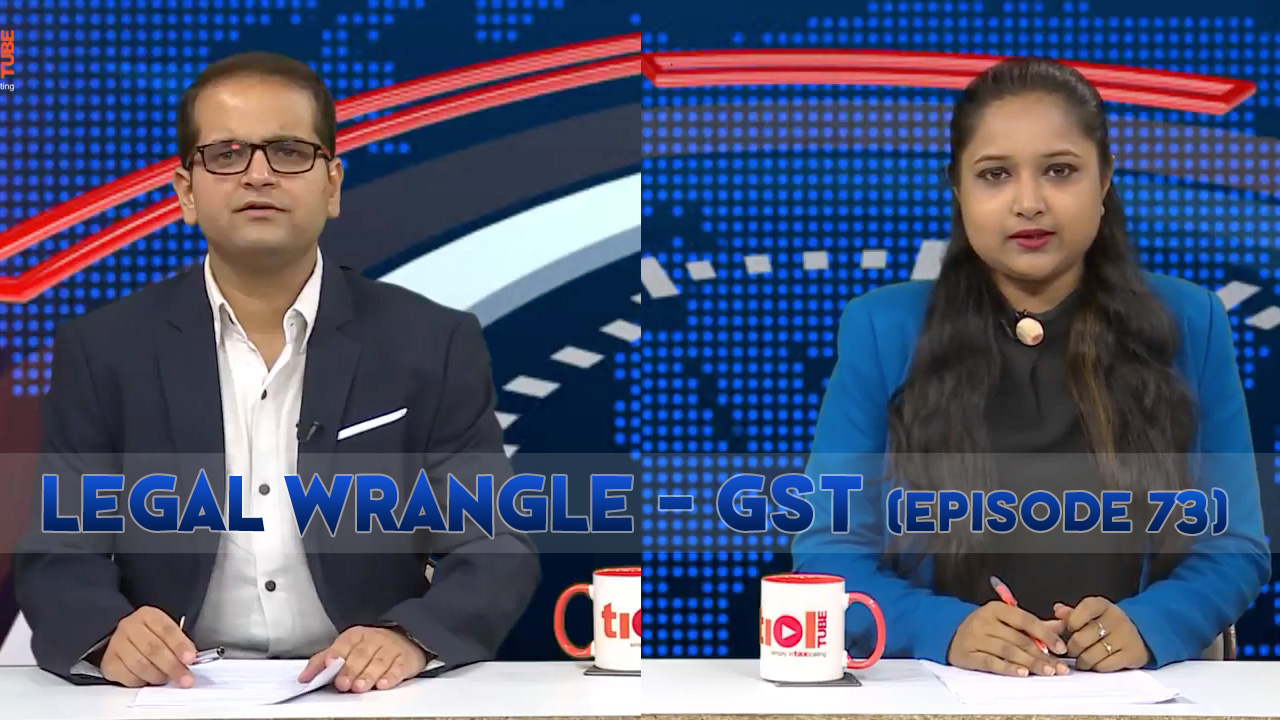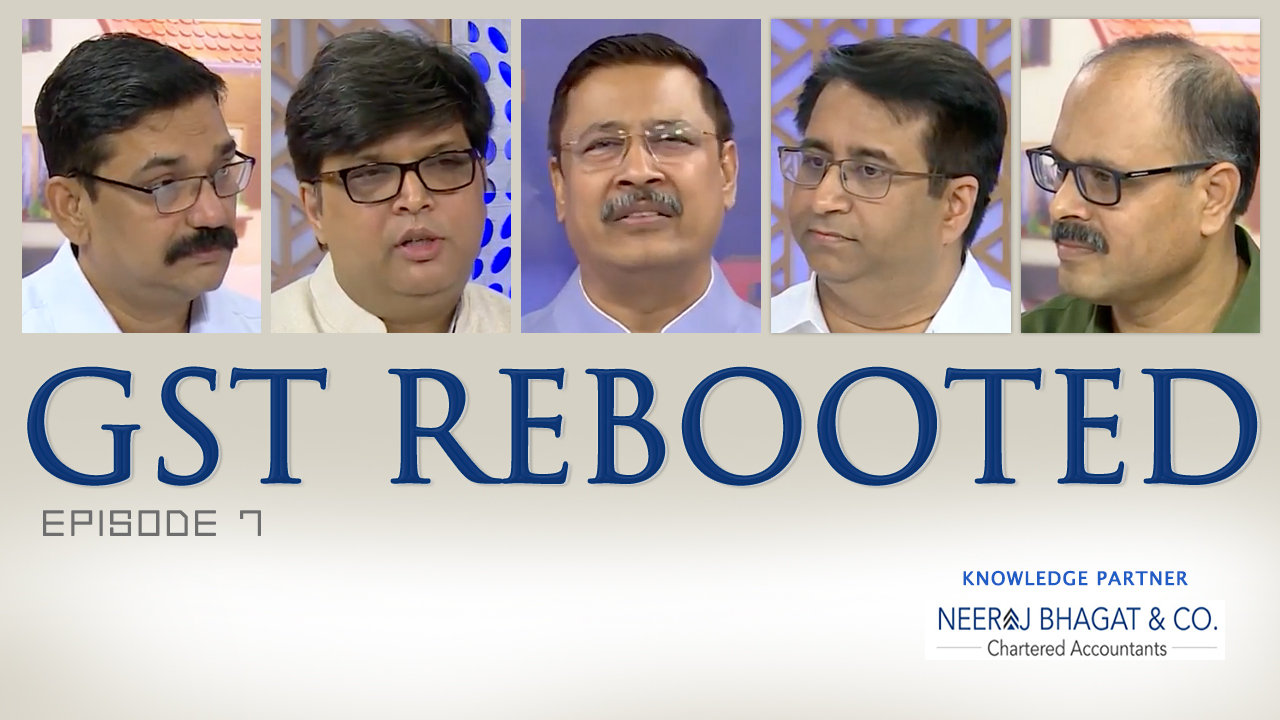SERVICE TAX
2018-TIOL-1678-CESTAT-AHM
Veeda Clinical Research Pvt Ltd Vs CC
ST - Whether the assessee is eligible to avail cenvat credit of service tax paid on 'rent-a-cab service' during relevant period from 2011-2012 to 2013-2014 - A plain reading of amended definition of input service makes it clear that rent-a-cab service has been placed under exclusion category at clause (B) of definition, where there is no condition like clause(C) for personal use or otherwise, hence, credit of the service tax paid on said service not admissible after 01.04.2011 - However, the demand is barred by limitation as authorities below have not discussed nor justified with reason, the circumstances for invoking extended period of limitation, when the issue after amendment became an issue of interpretation of law - The impugned order is modified and the appeal is allowed on limitation: CESTAT - Appeal allowed: AHMEDABAD CESTAT
2018-TIOL-1677-CESTAT-AHM
Newton Engineering and Chemicals Ltd Vs CCE & ST
ST - the assessee company provided services of erectioning & commissioning during the period of dispute - The Department raised duty demand with interest & imposition of penalty - Later, the Commissioner reduced the quantum of the demands raised -
Held - The assessee claimed to have raised the issue that it was providing Works Contract services, but such plea was not considered - The Apex Court in CCE vs Larsen & Toubro Ltd. held that service tax cannot be levied on Works Contract Services for the period prior to 01.06.2007 - This decision was not examined by the Department - Nor did it examine as to whether the assessee indeed rendered works contract services - Hence matter remanded to adjudicating authority to verify the same: CESTAT (Para 2,5) - Case Remanded: AHMEDABAD CESTAT
2018-TIOL-1676-CESTAT-MUM
CMI Industry Automation Pvt Ltd Vs CST
ST - Commissioner(A) dismissing appeal on the ground of being time-barred - appeal to CESTAT - appellant submitting that the appeal had been filed two months and twenty days after the receipt of the order-in-original and the preamble to the o-in-o unambiguously specified a time-limit of three months for filing appeal and this misinformation is a tenable justification for condonation of the delay.
Held: It is seen that the preamble to the o-in-o has erroneously indicated a time-limit of three months - in such circumstances when the appeal has been filed well before the expiry of three months there would be no cause for the appellant to contemplate an application for condonation of delay -nevertheless, the law prescribes that appeal should be filed within a period of two months from the date of receipt of the order that is impugned and that a delay of thirty days beyond that is condonable at the discretion of the appellate authority - consequently the impugned order is set aside and the appeal filed before the Commissioner(A) stands restored - appellant is directed to file an application for condonation of delay before the Commissioner(A) who shall exercise his discretion being in mind the lapse on the part of the original authority in misinforming the appellant and disposed of the application and appeal in accordance with law: CESTAT [para 3 to 5] - Matter remanded: MUMBAI CESTAT
CENTRAL EXCISE
Sunsuk Industries Vs CCE
CX - Limitation - Goods actually manufactured were not declared which amounts to willful suppression of material facts with the intention of evading the duty - Extended period of limitation rightly invoked: High Court [para 21, 22]
CX - Clubbing of clearances - Tribunal held that the appellants in these appeals are two different manufacturers, but finished goods are produced using the machinery and product facilities in the unit of the appellant M/s Sunsuk Industries - since factual allegation is not disputed, it was rightly held that the clearances are required to be aggregated in terms of the Notification No.1/93-CE - SC decision in Gajanan Fabrics Distributors deals with the peculiar facts of the case before it - it is not possible to find fault with the findings of the Tribunal in the impugned order: High Court [para 19] - Appeal dismissed: BOMBAY HIGH COURT
2018-TIOL-1680-CESTAT-BANG
Skanda Machine Tools Pvt Ltd Vs CCT
CX - Assessee engaged in manufacture and clearance of excisable goods and are availing CENVAT credit under CCR, 2004 - During audit, it was noticed that assessee has cleared certain inputs on which they had availed CENVAT credit under delivery notes as such without reversing the input credit availed on them during period February 2013 to July 2013 - Thereafter, a SCN was issued alleging that the assessee has removed inputs without reversing the CENVAT credit availed on such inputs - The goods i.e. CNC Package, Motor and Plate were removed on payment of duty and the finding of Commissioner (A) that the assessee has mentioned invoice number on photocopy of Delivery Challan to mislead the Department is not supported by any evidence - Further, findings of Commissioner (A) that goods cleared vide Delivery Challan No.62 dt. 11/07/2013 were purchased by assessee vide invoice No.635206 dt. 24/03/2012 is perverse as it is contrary to the material available on record - Further, CNC package cleared as such was purchased vide invoice No.62 dt. 10/07/2013 and the credit availed on such CNC package is Rs.20,863/- instead of Rs.80,084/- - Further assessee by producing various copies of purchase orders and invoices could link the same and has been able to prove that the goods were not removed as such but removed on payment of excise duty - Impugned order is not sustainable in law and therefore, same is set aside: CESTAT - Appeal allowed: BANGALORE CESTAT
2018-TIOL-1679-CESTAT-ALL
Bayer Material Science Pvt Ltd Vs CCE & ST
CX - The assessee is manufacturing Polyurethane - During the disputed period the assessee paid service tax on transportation of goods manufactured from factory to the sales depot - The Revenue took a view that expenditure incurred on transportation of excisable goods from factory to the sales depot should be added to the assessable value for payment of excise duty - Demand for differential duty was raised -
Held - The amount is shown in the books of account as expenditure is not additional consideration, therefore, not required to be added to arrive at value for payment of Central Excise duty - The expenditure incurred for transportation of goods to the depot is not additional consideration, any amount received as in addition to the transactional value from the buyer is to be considered as additional consideration: CESTAT (Para 2, 5) - Appeal allowed: ALLAHABAD CESTAT
CUSTOMS
2018-TIOL-1687-CESTAT-MUM + Case Story
Maersk India Pvt Ltd Vs CC
Cus - Customs duty - Custodianship carries with it a responsibility that is acknowledged in contract law - liability to duty on pilfered goods arises from this responsibility and not by any other express provision in the Customs Act, 1962 - Being in full possession of the container with its contents, the claim of ‘short-shipment' does not stand the test of logic - Section 13 of Customs Act, 1962 enables an importer to escape duty on pilfered goods; it is that escapement which transfers the liability from the importer to the custodian - No flaw in the demand for recovery of duty from the appellant: CESTAT [para 4, 5, 6]
Cus - Confiscation and Penalty - goods that were available are not offending goods and there is no allegation that these have been imported contrary to any prohibition under the Customs Act, 1962 or any other law in force - They are yet to be subject to the process of importation prescribed in section 46, consequently, there is no ground for confiscation - no requirement under the Customs Act, 1962 for declaration of any pilferage nor there is any apparent act of omission or commission that warrants imposition of penalty under section 117 - appellant has been derelict in its responsibilities as custodian but the Customs Act, 1962 is not the proper provision to be invoked for that negligence - No justification for confiscation of the goods or of imposition of penalty, therefore, both are set aside: CESTAT [para 7, 8, 9] - Appeal disposed of
- MUMBAI CESTAT
2018-TIOL-1675-CESTAT-MUM
CC Vs Tech Pacific India Ltd
Cus - Respondent imported Video Server and classified the same under heading 8517 7090, however, original authority claimed that the said ‘video server' is a ‘video recording device' and classifiable under heading 8521 9090 and not entitled to the benefit of notification 24/2005-Cus - Commissioner(A) set aside this order, therefore, Revenue in appeal.
Held: Description appearing in the catalogue clearly shows that the Video Servers are a device which acts an an intermediary between the cameras and the network - In other words, it receives images taken by the cameras and converts them into a digital form and feeds the same in the network - Video Server, therefore, cannot be called a recording device - Grounds of Revenue appeal do not contain any arguments to dislodge the findings of the Commissioner(A), therefore, appeal dismissed: CESTAT [para 4, 5] - Appeal dismissed - MUMBAI CESTAT
|








